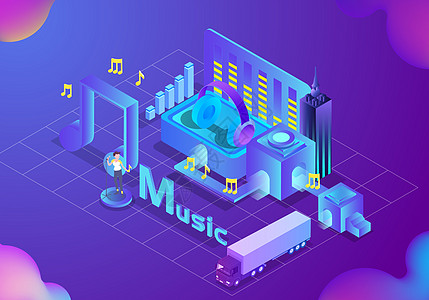Introduction to AI Music Composition
Artificial Intelligence music composer technology represents one of the most exciting developments in the creative industries today. These advanced systems use machine learning algorithms to analyze musical patterns, structures, and styles, then generate original compositions that rival human-created music in quality and emotional impact.

How AI Music Composition Works
Modern AI music composers typically utilize:
Deep Learning Models: Neural networks trained on vast datasets of musical compositions
Generative Algorithms: Systems that can create new melodies, harmonies, and rhythms
Style Transfer Technology: Ability to compose in specific genres or mimic famous artists
Natural Language Processing: Understanding text prompts to generate desired musical outputs
Leading AI Music Composition Platforms
Several cutting-edge platforms are pushing the boundaries of AI-generated music:
1. OpenAI's MuseNet
Capable of 10 different instruments
Can create 4-minute musical compositions
Blends styles from classical to modern pop
2. Google's Magenta Studio
Open-source toolkit for AI music generation
Includes tools like Continue, Groove, and Generate
Integrates with professional DAWs
3. Amper Music (Now part of Shutterstock)
Cloud-based composition tool
Creates custom royalty-free music
Adjustable mood, style, and length parameters
Applications in the Music Industry
AI composition technology is being used for:
Content Creation: Background music for videos, podcasts, and games
Artist Collaboration: Helping human musicians overcome creative blocks
Advertising: Quickly generating custom jingles and soundtracks
Education: Teaching music theory and composition techniques
Therapeutic Uses: Creating personalized relaxation and focus music
The Future of AI in Music
Emerging developments include:
Real-time composition for live performances
Hyper-personalized music experiences
Advanced emotion detection for mood-based composition
Blockchain integration for AI music rights management
Ethical Considerations
As the technology advances, important questions arise:
Copyright and ownership of AI-generated music
The role of human musicians in an AI-assisted industry
Maintaining artistic authenticity
Potential impact on professional composers
Conclusion
AI music composer technology is not replacing human musicians but rather expanding the creative possibilities of music production. These tools are democratizing music creation, making professional-quality composition accessible to more people while providing new tools for professional artists to enhance their work. As the technology continues to evolve, we can expect even more sophisticated and emotionally compelling AI-generated music in the years to come.
